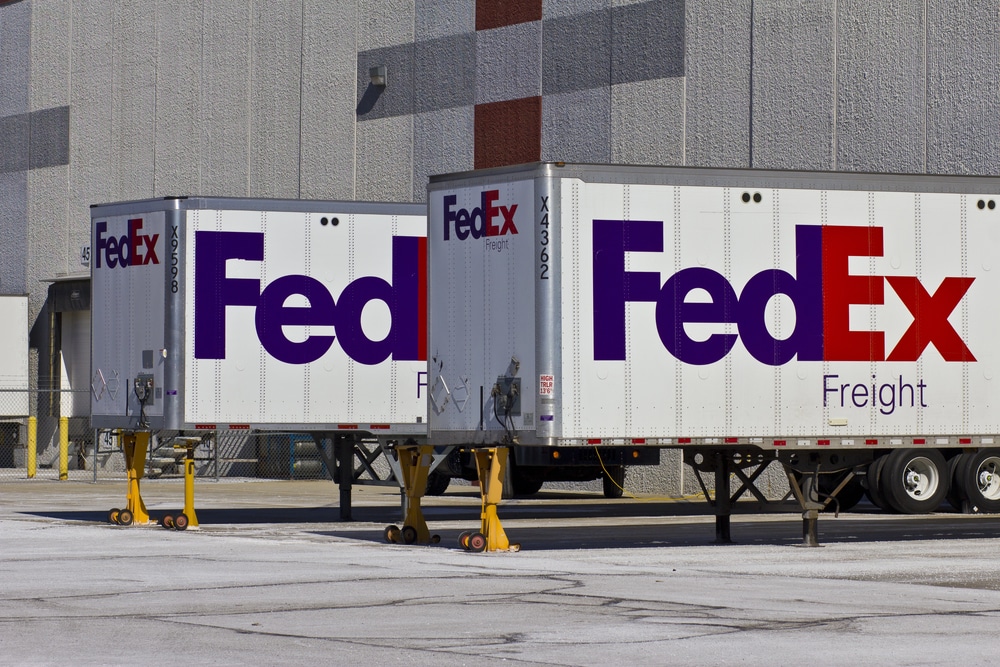From a federal government operating far beyond the bounds of the Constitution to law enforcement agencies routinely entering private property without warrants, tyranny takes many forms in the United States. However, few are as shocking to the sensibilities as civil asset forfeiture, the controversial practice that empowers police to seize money, cars, trucks, houses or anything else they merely accuse of having a link to criminal activity—regardless of whether the property owner is charged with a crime.
Civil asset forfeiture is an affront to anyone who’s sincerely committed to the American justice system’s cornerstone presumption of innocence. With law enforcement typically keeping some or all of the assets that are seized, the practice has rightly been called “policing for profit.”
I’ve previously examined the raw tyranny of civil asset forfeiture, spotlighting the story of a Mississippi man who took $42,300 in cash to Houston with the intent of buying a second semi truck for his fledgling trucking business, only to have it seized—or, in legal jargon, “forfeited”—by Harris County police, who pulled him over for allegedly following the vehicle in front of him too closely.
Now I’m compelled to share a new example of this legalized theft—the most brazenly unjust and opportunistic one I’ve encountered yet: In an ongoing, multi-million-dollar racket in Indianapolis, police are routinely seizing cash they find in FedEx packages that happen to be routed through that company’s second-largest hub.
Like bears wading into a river teeming with salmon, state and local Indiana police officers routinely stride up to the conveyer belts at FedEx’s sprawling Indianapolis facility, where tens of thousands of packages flow by every hour, pouncing when they see a package with traits that meet their absurdly broad definition of “suspicious.”
Review the criteria and you’ll quickly conclude you’ve sent and received many “suspicious” packages yourself. Supposedly damning attributes include:
- A box that’s taped on all its seams—something FedEx itself recommends
- A box that’s new
- A package that was dropped off at a FedEx shipping center
- A shipment paid by credit card, or “possibly by cash,” or by “unknown means”—a trio of criteria that seems to cover every possible means of payment.
- A package being sent to or from a so-called “source state”—a state that police consider a prominent conduit of illegal drugs. Depending on the law enforcement agency, that could encompass, among others, California, Oregon, Washington, Colorado, Arizona, New Mexico and Texas. That sample list alone accounts for 29% of the US population.
After plucking a package from the FedEx stream, police present it to a K-9. If the dog alerts—which dogs have been found to do unjustifiably up to 66% or more of the time—police obtain a warrant to open it. While they often find no drugs, they’re all too happy when they find cash, which is confiscated and held as prosecutors file suit for the government to take permanent ownership.
In April of this year, Henry and Minh Cheng, who run a mom-and-pop jewelry wholesaling business in Los Angeles, were caught in Indiana’s unconscionable web, as police confiscated $42,825 in a FedEx package en route to them from a retailer in Virginia. The retailer had been slow to pay for jewelry the Chengs had shipped to them in January. When the Chengs followed up on the invoice, the retailer offered to pay immediately via cash. In a fateful move, the Chengs obtained a FedEx shipping label and transmitted it to the Virginia retailer.
“The next thing I know is the police and the prosecutor [are] forfeiting my money…based solely on suspicions,” Henry Cheng told Los Angeles station ABC7. “They didn’t even name the crime that I’ve committed, because I know I have not committed any crime.”

































